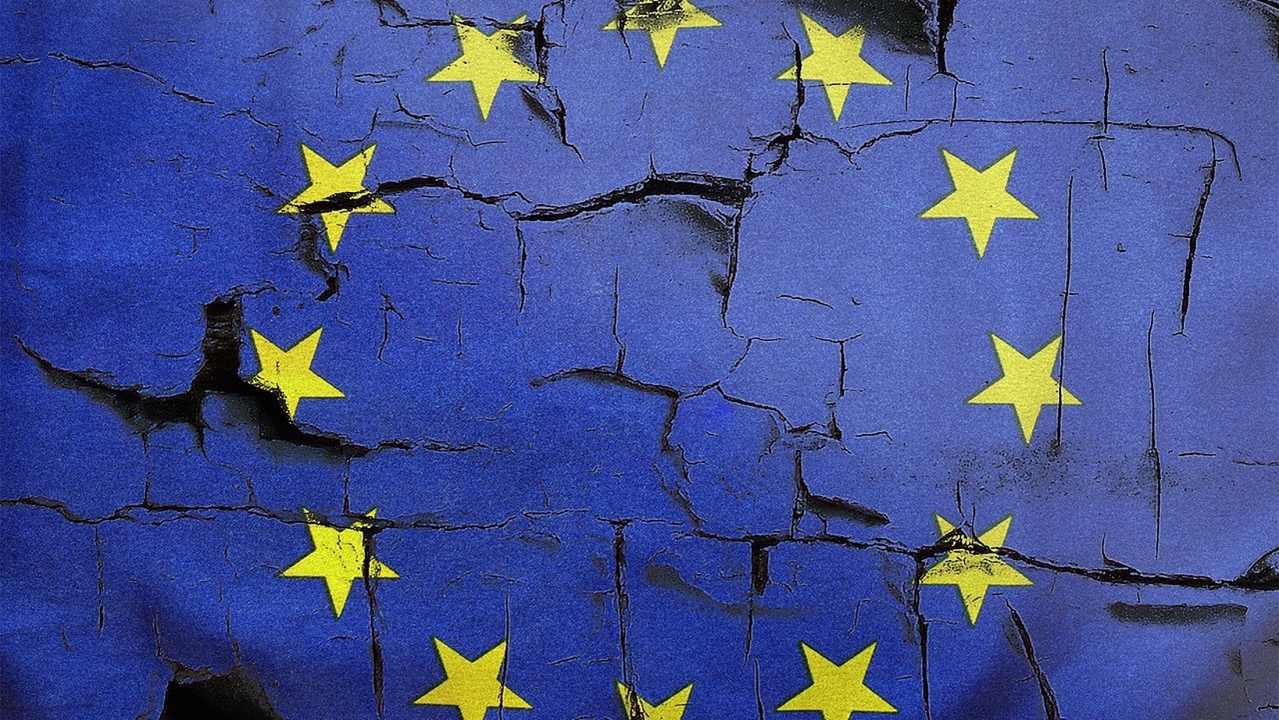No fewer than fifteen Member States have recently joined the infringement proceedings brought by the European Commission before the European Court of Justice against Hungary over the controversial law on the protection of minors. According to Brussels, this law violates the "common values" enshrined in the Treaty, namely the principle of non-discrimination, by prohibiting sexual content (including homosexuality and gender ideology) for under-18s.
Because whatever we think about the Hungarian law in the news since 2021, a preliminary question remains, as important as it is neglected: to what extent does the European Union have competence for sex education of minors in Hungary? On what legal basis does the EU claim that it can challenge this law?
In the name of these very "common values" that are so often referred to but never defined. And even if at first sight the Commission's approach seems justified, this vague concept may well be the ideal legal alibi to justify the diversion of national competences and the imposition of an ideological line. Strictly speaking, the Union has no power to intervene in these matters. Even on this point, the Treaty is clear: the EU must "fully respect the responsibility of the Member States for the content of teaching and the organisation of education systems". Despite this, infringement proceedings have been launched, fifteen countries have responded, and the EU Court of Justice is due to deliver its judgment next year.
Without competences? Yes, because when the EU does not have explicit powers, the Commission has an unfortunate tendency to impose them on itself on the basis of different legal bases, divorced from the main complaint. In this case, Hungarian law is being contradicted by the free movement of goods, the freedom to provide services, the protection of personal data and European audio-visual law. It would therefore be sufficient for a national law to approximate to one of the tens of thousands of European laws for any national text to fall within the EU's competence and thus be judged based on these undefined European values. Of course, if, and only if, the Commission so wishes, because to add a layer of legal 'creativity', let us remember that the Guardian of the Treaties has the excessive power to initiate or refrain from an infringement without having to justify itself. It can do so if it wants when it wants and against whom it wants.
It is true that the Commission has exercised this prerogative carefully and sparingly for decades. But it seems that in an age of extreme ideologizing and messianic missionary zeal, the spirit of the times is to give priority to 'values' over legal rules, and to misuse the latter to circumvent them more effectively and give the appearance of legality to actions that are not necessarily legal. Has the EU taken on the role of arbiter of ideological elegance, with so much discretion that it becomes arbitrary?
Let us imagine for a moment that Brussels believes that secularism is discriminatory and anti-Islamic, and therefore contrary to European values. There is no point in speculating, even if this vision is slowly making its way through the mysterious world of Brussels: it is unthinkable in the political weight of France, but it is theoretically possible. France could take advantage of its position in the face of a procedure that gives way too many abuses and allows the EU to siphon off national competences on pointless and sometimes ideological pretexts. But what about the other countries, could they do the same? Would political weight be the main criterion to be prosecuted or to escape? In the name of 'common values', this would not be the slightest paradox.
This messianic reflex is all the more worrying as Brussels has recently acquired a formidable weapon, the contours of which are vague: financial conditionality. In other words, the possibility of withholding the entire European financial manna if "breaches of the rule of law undermine or seriously jeopardise the sound financial management of the EU budget". If it were only about fighting fraud and preventing the misappropriation of European funds, how could this be opposed? But if, on the contrary, this mechanism was to be used to force constitutional changes in a country or to disrupt an education reform, it would be seen as an abuse of power, near and far. The latest example is the exclusion of two thirds of Hungarian university students - 180,000 Hungarian students, from the Erasmus programme from September, despite finding no evidence of fraud or potential risk.
In short, an opaque mechanism that imposes extremely severe sanctions for alleged or even imaginary crimes, this time in the name of another overarching "value", the rule of law. Moreover, knowing that Turkey has been an integral part of this flagship programme since 2021, which aims to build bridges and create European youth, and whose membership has never been questioned, this 'what is certain' exclusion is embarrassing.
What is also worrying is that these abuses are taking place amid indifference and even general recognition. Certainly, the war in Ukraine, which is in full swing, deserves all the attention it can get. The EU is playing a decisive role in the war, which has enabled it to restore its image in the eyes of public opinion, which is mostly satisfied with this sacred union. We should, however, be concerned that such abuses are taking place during a serious geopolitical crisis and that the European budget has been insidiously transformed into a tool for political pressure, in reckless violation of the law, precisely in the name of the rule of law. Once again, a bitter paradox.
There are those who are content to see the EU built on crises and are happy with this 'ever closer union' imposed from above rather than wanted from below, forgetting that the EU will remain a giant with clay feet in the democratic sense. Others argue that, by joining the Union, each new Member State commits itself to respecting common values so vaguely described in the Treaties, whose interpretation has miraculously become clear and one-sided. In the face of these explanations, let us not forget that the real cornerstone of the European project is the principle of the division of competences, the golden rule that 'all competences not conferred on the Union by the Treaties belong to the Member States'. This principle is clear and precise, yet it is widely trampled underfoot. One sometimes wonders how some Central European countries, in their role as troublemakers, instead of breaking the rules of the game, are actually just reminding us of their importance. An insolence that is paid for at a high price, with hard currency, in the name of 'common values' and the 'rule of law'.
-
This is the translation of the original French article which appeared here.










